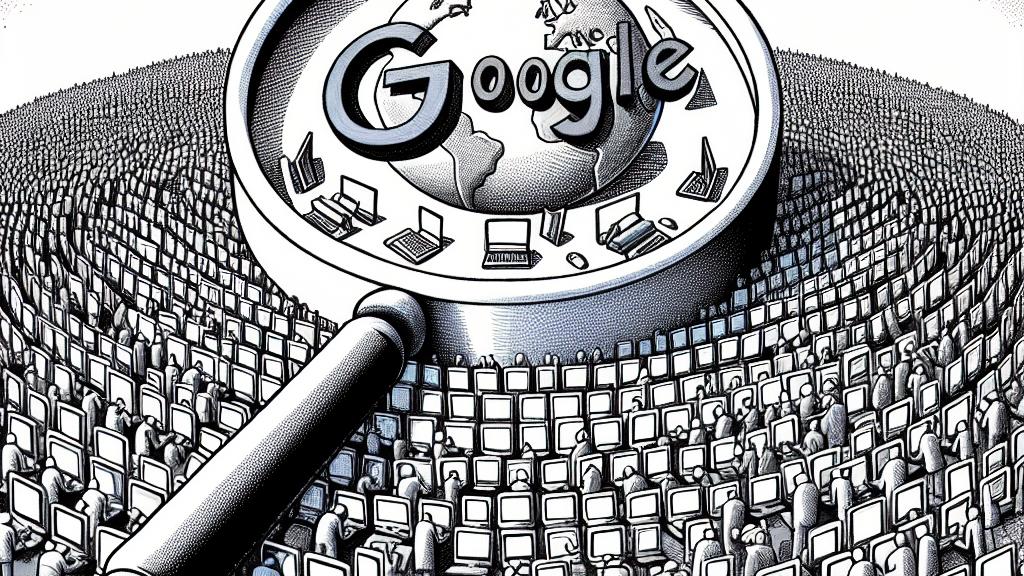Microsoft CEO Claims Google Earns More on Windows Than Microsoft
Overview
- In a shocking statement, Microsoft’s CEO reveals Google profits more from Windows than Microsoft itself does.
- Google's dominance in search greatly affects Microsoft's market presence and revenue potential.
- As Microsoft ventures deeper into AI, it must contend with strong competition from various innovative technologies.

The Unusual Revelation
Microsoft CEO Satya Nadella made a remarkable claim recently: Google is raking in more money from Windows than Microsoft can manage on its own. This assertion is surprising, especially since Microsoft created Windows, yet it truly reflects a complicated market reality. Picture this: while there are millions of PCs running Windows worldwide, the vast majority of users naturally gravitate toward Google for their online searches. For instance, when you need to look something up, what search engine do you turn to? Chances are, it's Google, not Bing. This preference is no accident; it highlights how Google leverages its dominance to generate substantial revenue from a platform developed by Microsoft.
The Search Engine Showdown
Nadella pointed out that this astonishing turn of events can largely be attributed to the open nature of Windows, which allows users the freedom to choose their browsers. Remember the glory days of Internet Explorer? Just a decade ago, Microsoft had a firm grip on the browser market. Fast forward to today, and Google Chrome has become the go-to browser for most users. This shift isn’t just a random occurrence; educational institutions often encourage students to use Google for research, thereby fostering an ongoing dependency on Google’s services. As a result, despite Microsoft's attempts to promote its own tools, users frequently overlook them, leaving Microsoft watching from the sidelines while Google thrives.
The AI Battlefield
Nadella didn't stop there; he also discussed the fierce competition in the rapidly evolving field of artificial intelligence. As Microsoft integrates cutting-edge AI features like Copilot into Windows, it finds itself racing against formidable competitors. Consider how platforms like Gemini and ChatGPT are capturing attention with their unique offerings—this makes it tough for Microsoft to carve out its own space. In this competitive environment, innovation is essential, but so is strategic differentiation. If Microsoft wants to maintain its edge, it must adapt swiftly and effectively, lest it become just another player in a crowded tech landscape. Ultimately, the battle for relevance is fierce, but with the right adjustments, Microsoft can continue to thrive alongside its rivals.

Loading...